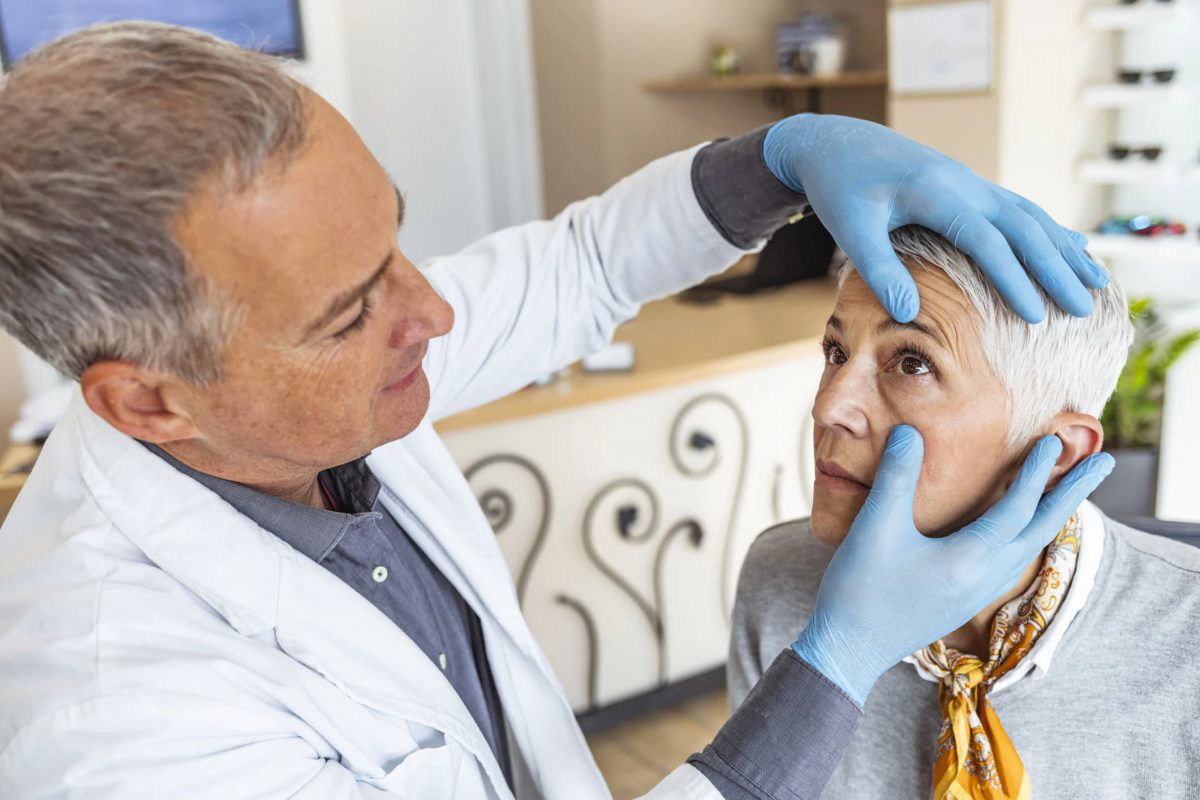Early Signs of Macular Degeneration and How to Act on Them (3 of 3)
Advertisement

Macular Degeneration Treatments
If you or a loved one have been diagnosed with macular degeneration, it is essential to know that while there is no cure, there are treatment options available to help slow its progression and preserve vision. Early detection is crucial for the success of these treatments, so regular eye exams are vital.
For those with dry AMD, lifestyle modifications such as eating a healthy diet and staying active can help slow its progression. Additionally, taking nutritional supplements like the AREDS formula, which contains antioxidants and minerals, can also support eye health.
Wet AMD, on the other hand, requires more intensive treatment. The primary treatments for wet AMD involve blocking the growth of abnormal blood vessels using macular degeneration treatment injections (anti-VEGF injections), photodynamic therapy (PDT), or laser surgery. Macular degeneration treatment injections help prevent the growth of these blood vessels, while PDT and laser surgery aim to seal or destroy them to prevent further damage.
It is essential to work with your eye care professional to determine the best treatment plan for your specific case of macular degeneration. With the right care and treatment, you can slow the progress of this condition and keep your vision for as long as possible.

Coping and Support
Living with macular degeneration can be a daunting task, but there are several ways to manage the condition and maintain a good quality of life. Here are some resources to help you cope:
Assistive devices. With the right low-vision aids, such as magnifiers, high-contrast screens, and electronic devices with text-to-speech capabilities, you can adapt to vision loss and continue to enjoy your favorite activities.
Vision enhancement training. Occupational therapists or low vision specialists can provide training and guidance on how to adapt your home and daily activities to accommodate your visual limitations. With their help, you can learn new techniques and strategies to maintain your independence.
Emotional wellness support. Living with macular degeneration can be emotionally taxing, but you don’t have to go through it alone. Support groups, therapy, and counseling services can help you deal the emotional challenges of losing your sight and provide you with a supportive community.
Learn all you can. Educating yourself about AMD and staying up-to-date on the latest research and treatment options can help you stay proactive in managing your condition. By staying informed, you can make informed decisions about your health and well-being.